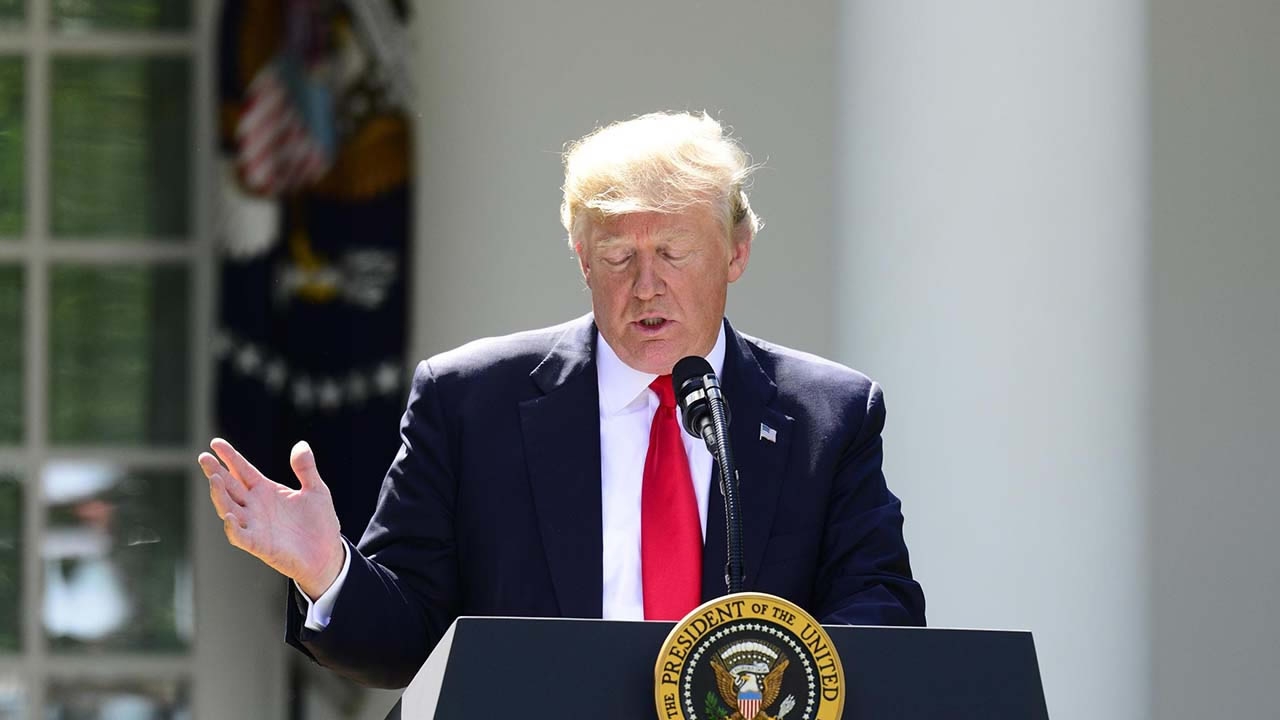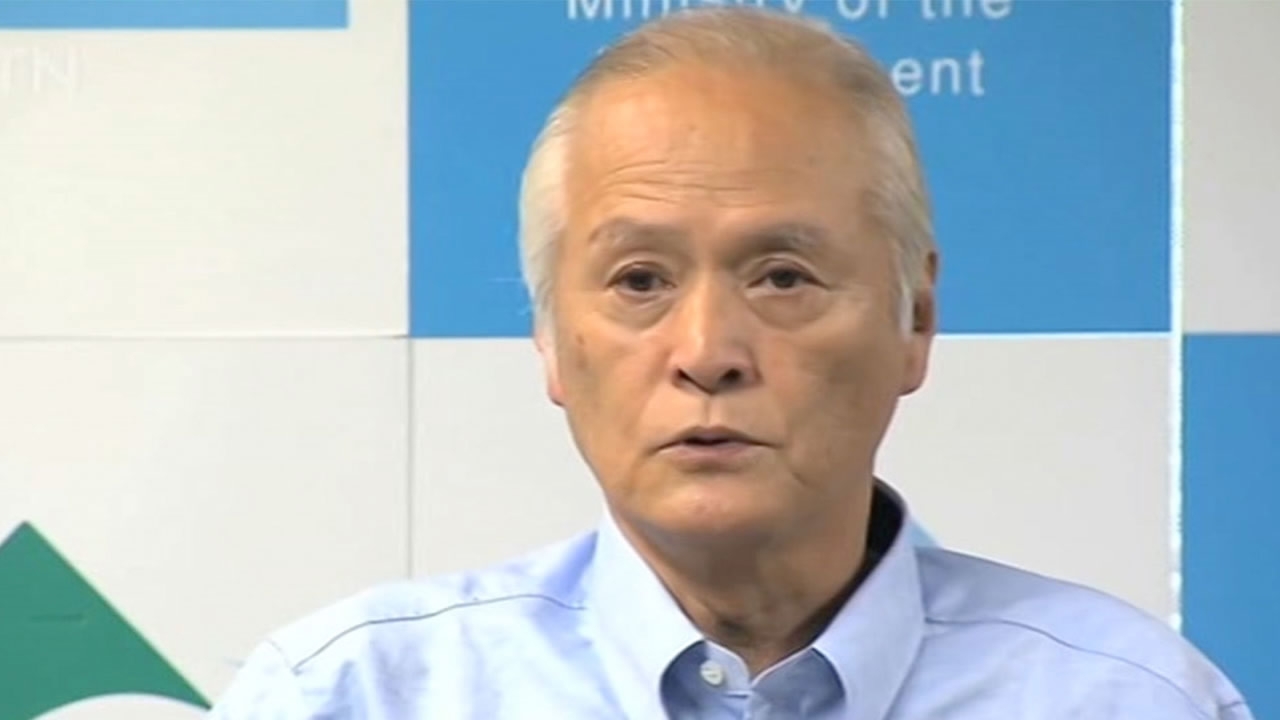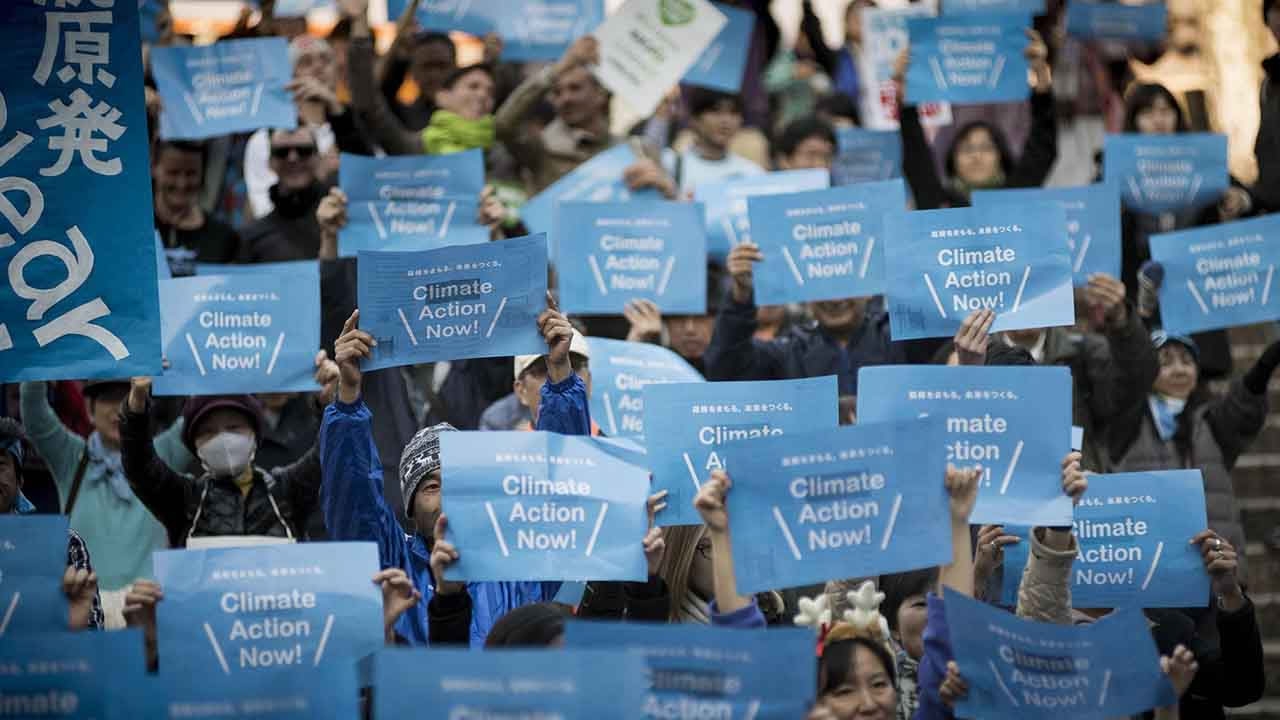Japan, the world’s fifth-largest emitter of greenhouse gasses, saw its levels of CO2 emissions rise to a new high in 2016, but the government said it will continue to fully back the 2015 Paris Agreement and make good on its pledges.
The decision of President Donald Trump to withdraw the US from the Paris Agreement triggered voices of disappointment from around the world, including the Japanese government and business leaders. Some expressed open anger, reflecting Japan's unique position in having to balance diplomacy with the US and international efforts to combat climate change.

US President Donald Trump makes a statement regarding the Paris Accord in the Rose Garden of the White House in Washington
"I feel great disappointment in this decision by the US President Trump which goes against all wisdom. I am not just disappointed, but also feel anger,” said Japanese Environmental Minister Koichi Yamamoto.
Still, Japan would work with other countries to implement the Paris agreement while exploring ways to cooperate with the United States, according to an official statement by the country’s Foreign Ministry.

Japanese Environmental Minister Koichi Yamamoto
CGTN's Terrence Terashima said that Japan stands unique from other countries as the nation "continues to debate the usage of nuclear power after the accident at the Fukushima No.1 reactors, and currently relies on fossil fuel. However, Tokyo government said it is eyeing to accelerate renewable energy projects, and combat global warming."
Experts said Washington's pullout has no direct impact on Japan's environmental policies, and the country is expected to maintain the goal of cutting its greenhouse gas emissions by 26 percent from 2013 levels by 2030. Though it may have to shoulder more financial burden.

The administration of Prime Minister Shinzo Abe is currently struggling to push development of renewable energy programs. Political factors are also criticized for slowing the spread of clean energy, but confidence remains that Japan could meet its numerical target by 2030.
No comments:
Post a Comment